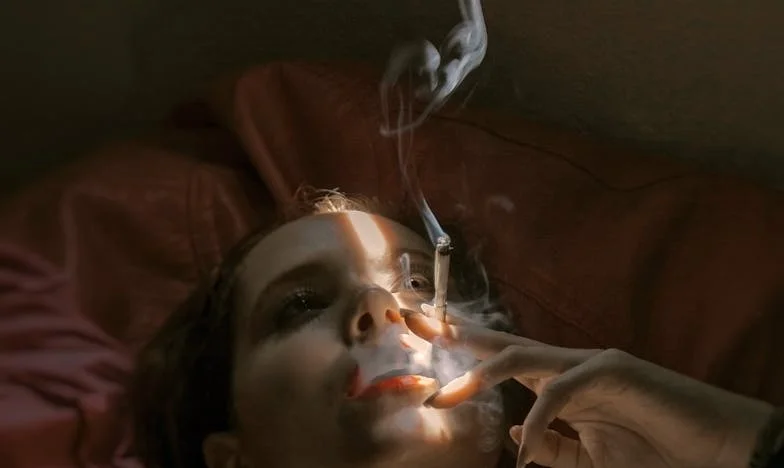No Mother to Call Me By
“Don’t call me ever again. I don’t have a mother.” Jacob’s voice was cold as winter in Michigan, the kind that stings your face and makes you want to disappear into the snow. His words echoed in my ears as he turned away, his shoulders hunched against the world—against me, most of all. He didn’t even look back. I stood frozen outside his apartment, the city humming around me, the space between us suddenly wider than the country I’d spent my whole life in.
I know I wasn’t a good mother. I know that now, and maybe I always did, somewhere deep inside. But it’s easy to judge the past when you’re standing in the ruins. Back then, I was just a scared woman with a child and no roadmap.
Jacob was barely three when our world split apart. One Friday, my husband Mark came home from his job at the hardware store, dropped his duffel by the door, and said he was leaving. No explanation. No fight. Just a sigh, and then the sound of the door closing. Jacob stood at my knee, clutching his stuffed bear, his eyes wide. I wanted to scream, but I just knelt down and hugged him until my knees hurt. That night, I lay awake, staring at the ceiling, listening for Mark’s car in the driveway, knowing it would never come.
Bills piled up. My savings vanished. I called my parents in Ohio, but they were already stretched thin, raising my sister’s kids after her overdose. I was alone in Grand Rapids, with a toddler and a heart full of bitterness. I remember the first time I yelled at Jacob—not because he’d done anything wrong, but because I was exhausted and the mac and cheese boiled over. He cried. I cried harder. After he went to bed, I poured myself cheap whiskey and stared at my reflection, hating what I saw.
A few months later, I took a job as a night manager at a 24-hour grocery store. It paid the bills, but it meant leaving Jacob with anyone I could find—neighbors, sometimes strangers recommended by other desperate moms. I missed his bedtime stories, his first lost tooth, the way he used to wait for me at the window. I told myself I was doing it for him, but the guilt gnawed at me.
As he grew, Jacob learned not to ask for much. By the time he hit middle school, he’d stopped inviting friends over. I caught him sneaking out one night, and instead of listening, I punished him, grounding him for weeks. “You don’t get it, Mom. You never will!” he shouted. He slammed his bedroom door so hard, the frame cracked. I thought about going to him, but I didn’t. Pride, or fear, or maybe both.
The years tumbled by. Jacob graduated high school without me in the audience—I was stuck at work, covering a shift after someone called in sick. I sent him a text: “Proud of you, kiddo.” He never replied. He moved to Chicago for college on a scholarship, and I didn’t even know what he majored in until I saw his degree on Facebook.
I tried to reach out after he graduated. A voicemail here, a birthday card there. He never answered. I drove down to his apartment last Christmas, desperate to see him. When he opened the door, he looked past me, as if I were a stranger peddling religion. “Jacob, please. I just want to talk.”
He shook his head. “You want to talk? Where were you when I needed you?”
Tears blurred my eyes. “I did my best. I was alone. I was scared.”
He stepped back. “You were scared? I was a kid, Mom. You left me alone for years. You never fought for me. You never even tried.”
I reached for his hand, but he pulled away. “Please, Jacob. I’m sorry.”
He stared at me, his eyes colder than Lake Michigan in February. “I don’t have a mother.”
He closed the door softly, almost gently. I stood there until my legs gave out, then stumbled back to my car.
The days since have been a blur. I replay every mistake: the nights I worked instead of reading him stories, the words I spat in anger, the birthdays I missed. I wonder if it would have been better if I’d given him up to someone who could have loved him better, or if I could have found a way to forgive myself sooner, to ask for help before it was too late.
Sometimes I see mothers and sons in the park—laughing, arguing, sometimes just sitting in silence. I want to walk up to them and warn them: Don’t let pride steal your love. Don’t wait until your child is a stranger.
Now, I live in a small apartment on the edge of town, surrounded by old photographs and questions that never get answered. I volunteer at the library, helping kids with their homework, trying to give back in the small ways I can. But nothing fills the space where Jacob used to be.
I wonder if forgiveness is even possible, if broken bonds can ever be mended. Or is it, as Jacob said, too late? I keep asking myself: If you lose your child’s love, do you ever really get to call yourself a mother again?
